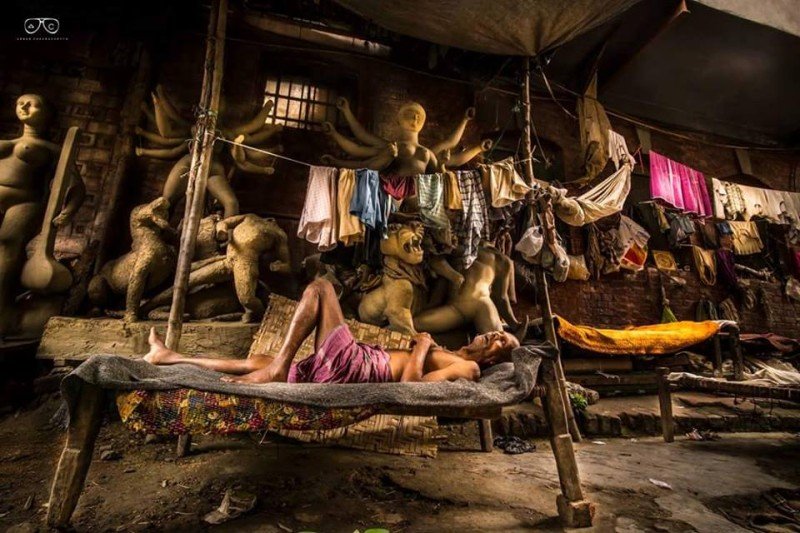Women had been critically commodified in both Mahabharata and Ramayana. It is both a critical issue and an intellectual matter to discuss with.
2018 is just ending and 2019 is there at our doorsteps, and we are still discussing about a women. I suppose women are a fascinating thing to talk about be it their cleavage, dressing sense or empowerment. We can’t expect much from this society where at one face we are talking about women education and on other we are advising our child to adjust in an abusive marriage.
Such a duality can not reach to any destination.
Mahabharata is one of the great Indian epics that is fully entertaining as well as enlightening about relationships and politics. There is also one thing that will excite our mind: the concept of women’s liberty and its portrayal.
Draupadi had never the freedom to decide her own luck. Even her choice of husband was snatched away by others. We don’t have any reference at the beginning about her wish related to her husband. She had to share her love and soul with five people and nobody was interested in knowing her wish. But at the end we got e short reference that she liked Arjun better among all of the five brothers and ironically she got punishment for this by not getting the permission to enter in Heaven.
Even Yudhishthir, the elder brother among the five, uses Draupadi as a bet in the game of dice. It is a well recognizable mark of the mentality of commodifying the women.
We have also the reference of a mother’s helplessness. Kunti was helpless when she gave the birth of Karna. Mahabharata portrays the helplessness of a mother in a pitiful way where her one son kills another.
In Ramayana , though many will mark it as a root of women empowerment because it shows how the entire fight is around Sita. Still there lies a very thin pinch of confinement in this highlighted liberty of Sita.
After the heroic joy of saving Sita from Raavan’s confinement, Ram asked her to prove herself as a pure lady! She is his wife and he, for the sake of rules and country people, cannot even take a stand for her. In this place Raavan is more respectable than Ram definitely because Raavan never forces Sita to be with him by going against her wish. So here Raavan gives respect to Sita’s decision which Ram fails to provide.
Even we see Shurpanakha, sister of Raavan, faces the shame for getting attracted towards Lakshman, brother of Ram. She gets punishment for her infatuation towards him.
It is not only an act of inhumanity but also very much dishonourable for a women to experience.
I guess women have to compromise, sacrifice their love and desire in order to accentuate the typical society’s norms be it in great epics or in real lives. The society or the great epics cannot provide exceptions for them.


